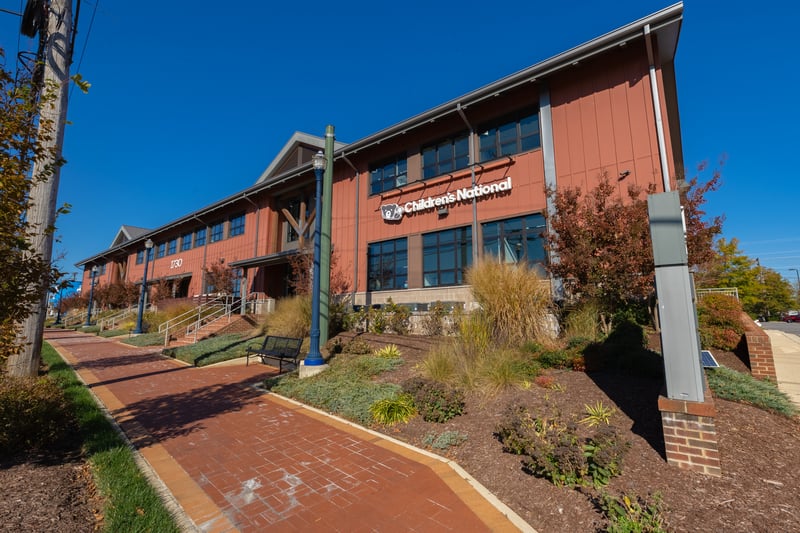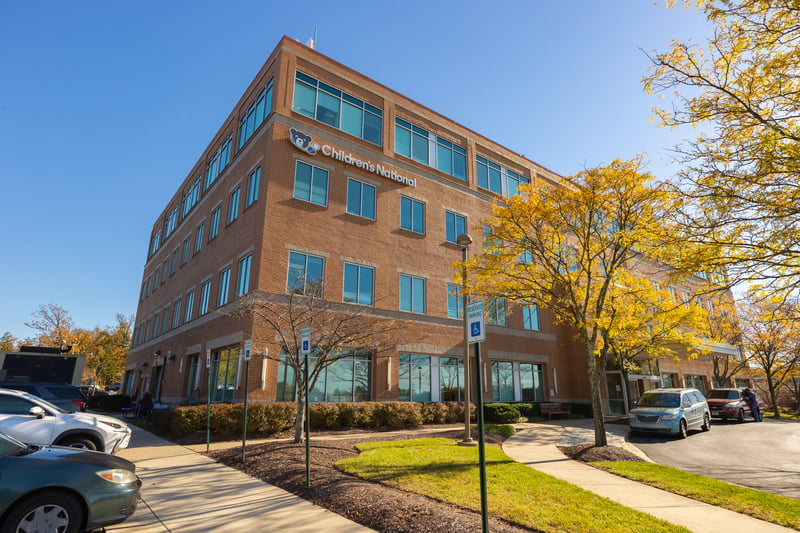The Chest Wall Defects Program at Children's National Hospital offers comprehensive care for children and adolescents with chest wall abnormalities.
Our Providers
Our pediatric specialists provide personalized care for your child’s physical, mental and emotional health needs.
Contact Information
To schedule an appointment or for more information about the Chest Wall Defects Program, please call us.
Chest wall abnormalities or the unusual appearance of the development of the chest can vary from mild to severe. These abnormalities in the chest are usually congenital, and may be noticeable during birth or later in childhood. While these abnormalities do not typically affect your child’s growth, that can often change during puberty, since your child’s bones begin growing rapidly.
Choosing Children's National for Chest Wall Defects Care
In addition to our team of internationally-renowned surgeons and pediatric specialists, we provide:
- Comprehensive care. Our surgeons are experienced in using the most advanced surgical procedures to perform complex chest wall surgeries. We conduct extensive evaluations and examinations to determine if your child is a candidate for chest wall defects surgery. Early referral is encouraged so that our team can evaluate the risks and benefits of each option and choose the procedure that offers your child the best outcome.
- Level 1 Surgery Verification. We have attained Level 1 Surgery Verification from the American College of Surgeons, a distinction that recognizes surgery centers that have improved surgical quality, prevented complications, reduced costs and saved lives.
- Subspecialty care. We also offer care in the more than 40 subspecialties that your child may need before, during and after chest wall defects surgery. Our goal is to provide extraordinary care with an emphasis on individualized treatment plans that are catered to your child.
Conditions We Treat
Understanding your child's condition is an important step on your treatment journey. Learn more about causes, symptoms and diagnosis for a variety of conditions, as well as unique treatments and research being performed at Children's National.
The two most common chest wall abnormalities that we treat are:
Treating Chest Wall Defects
The two surgical options for correcting pectus excavatum and carinatum are:
- The Nuss procedure, which is a minimally invasive technique to correct pectus excavatum. During the procedure, a steel bar is discretely placed under the sternum. It stays in place for approximately two to three years, and then your child returns for the surgeon to perform a removal procedure. The long-term results for children who undergo the procedure are excellent, and most do not experience a recurrence of the abnormality.
- The Ravitch procedure treats pectus excavatum and pectus carinatum. It is a more invasive surgery that involves the removal of cartilage that has caused the defect. A steel bar may be placed if your child is being treated for pectus excavatum. The cartilage usually regenerates over 4-6 weeks, resulting in the sternum remaining in a fixed position.
During the recovery phase, our surgeons will monitor your child’s progress. Your child's length of stay will depend mostly on their pain management. Our Pain Management Care Complex will follow your child and make sure that her or his pain is adequately managed. In addition, your child will work with a physical therapist to ensure quicker recovery and faster discharge.








